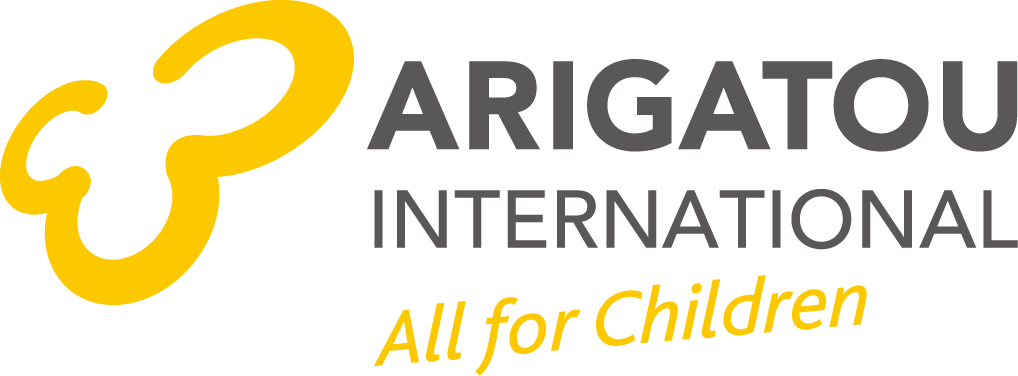Perturbed by the socio-economic impacts the Covid-19 pandemic was having on vulnerable children, four Peruvian children from the group ‘Expresarte’ longed to support their peers from vulnerable backgrounds. They brainstormed on different solutions and finally came up with a combined approach to support education and reduce poverty. The project idea came directly from their own realities and from what they had witnessed during the pan-demic.
“We live in Lima, the biggest city. Here in Peru, there are children that don’t have money, they can’t afford to study. So, what we are doing is a project where children who are in extreme poverty can study and get a better education so they can get ahead and have a better future.”
“I also Invite others to eradicate poverty so together we can prevent extreme poverty to happen In Peru and In other parts of the world.”
Jhordy Martinez from Expresarte
The children behind the project, two girls and two boys aged 11-14 years, are from the same neighborhood and modest backgrounds, which motivated them to help other chil-dren who did not have internet to continue with their education during school closures and whose parents had lost their sources of livelihood during the crisis.
They began looking for best ways to address these challenges. The children wanted to ensure that families would have their own means to produce food and so they came up with the idea of a community gardening. This garden would grow food produce for the families and by selling some of the vegetables they could raise funds for purchasing school supplies, hereby supporting the education of children.
“Also, to help them with that we gather with the money we raise so they have what they need to go to classes and to purchase food and other things they need.”
However, finding a suitable and accessible garden was a challenge for the children. After many attempts and discarded options, Sister Esperanza, an adult supporting the group of children on behalf of the ‘Christ the Savior’ church, offered the children to start their gar-dening project in the parish grounds. This allowed the children to start the project, estab-lishing the budget, finding out about gardening, purchasing the tools needed, selecting the crops and buying the seeds.
However, for the children leading the project, gardening was only one aspect of the bigger picture. With some of the funds raised by selling the gardening products they were able to implement the second part of the project and purchase school supplies for poor children. They coordinated with the leaders of the neighbourhood to identify 20 poor children to receive those supplies. In addition, the children wanted to establish a space for learning for their peers who were left behind on education due to lack of funds to access the online education, occasioned by the Covid-19 pandemic. Nonetheless, restrictions on social gath-erings made it impossible to gather together to attend classes through their original solu-tion of providing access through a television. Faced by this difficulty, the children decided to adapt the plan and set up a mobile library instead; to function as a place where the chil-dren of the neighborhood could come to read different books to support their education.
The four lead-children selected books from the World Atlas to Classic literature and the inauguration of the Mobile library was such a success that many of the adults accompanying the children even decided to donate more books for it! Sister Esperanza also noticed, how parents and children were brought closer together through reading the books.
All together 10 children from the neighborhood participated in developing the activities, as friends, siblings and parents alike joined the project implementation in supportive roles. The children have big plans to promote urban gardening throughout the neighbourhood and with a more seasonal growth goal and they hope to extend the mobile library services, which is already growing thanks to more donations from people to loan books out as well.
Sister Esperanza was moved by the dedication and will of the children to support their peers and the community:
“I learned a lot from them. It is a beautiful way to start a community-based process where people get involved. Especially when children are leading, it feels and looks different when they can do something to help other children.”
She also believed in the value of involving children as decision-makers and implementers:
“It is always good to invest in children, children have innovative and fresh ideas that we can learn from. Although they might sound difficult to implement, they learn lessons from their experiences, they adapt and when challenged their creativity will come out.”
This project was one of the 5 finalists from the 37 submissions received from children’s groups world over for the Children’s Solutions Lab programme, inaugurated last year by Arigatou international; through its Interfaith initiative to End Child Poverty and Ethics Edu-cation for Children. The Lab has aimed to create meaningful spaces for children to address poverty through solutions focused on education.
The post A Child-led Holistic Approach to Tackle Poverty appeared first on End Child Poverty.
